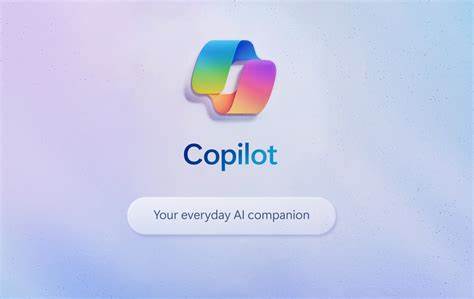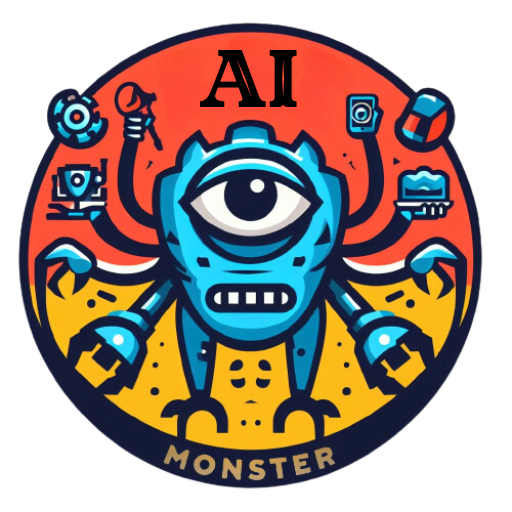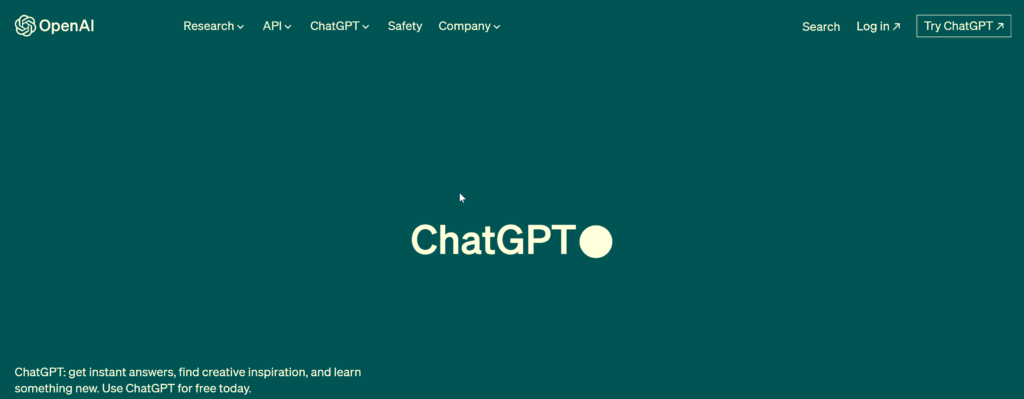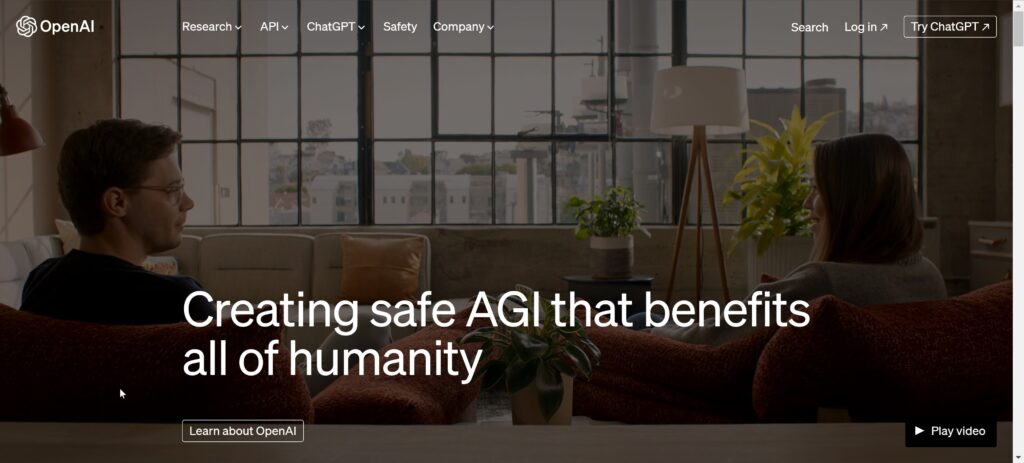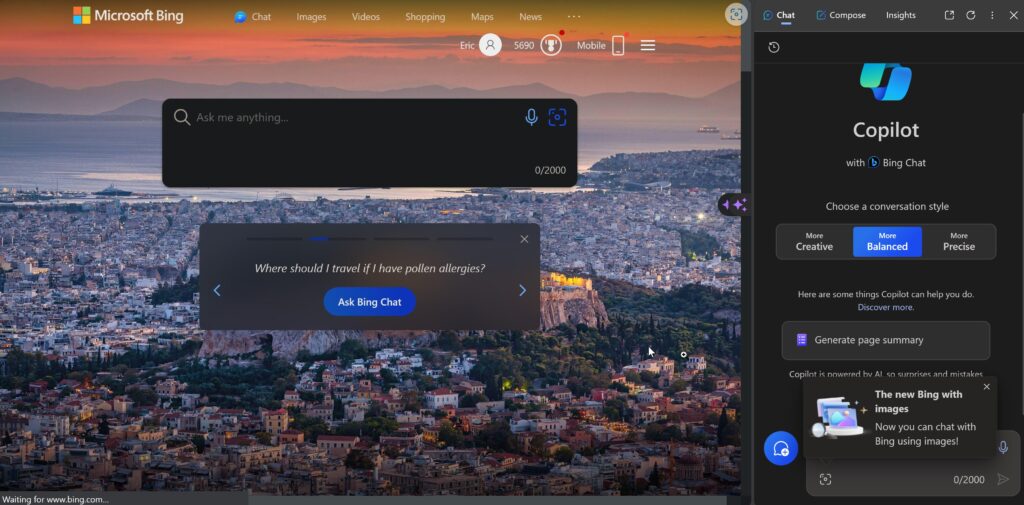OpenAI's ChatGPT - 2023
In 2023, ChatGPT witnessed a series of significant updates and enhancements. These included the introduction of GPTs, which allowed for the creation of custom versions tailored to specific tasks, along with the upcoming launch of the GPT Store to enable users to monetize these customized versions. Moreover, the transition of browsing out of its beta phase and the integration of DALL·E 3 for image responses were major milestones. The implementation of new voice and image capabilities, as well as the addition of language support in alpha, further enriched the user experience.
Additionally, the launch of ChatGPT Enterprise set a new standard by offering advanced features, including enterprise-grade security, extended context windows, and advanced data analysis capabilities. Furthermore, the availability of custom instructions empowered users to personalize their interactions with ChatGPT. The year also saw various improvements to the user experience, such as prompt examples and suggested replies, as well as the release of the ChatGPT app for Android in select countries.
Plus users benefited from higher message limits for GPT-4, providing enhanced accessibility and usability. The introduction of the code interpreter beta further expanded the capabilities of ChatGPT, allowing for the execution of code and data analysis tasks.
Overall, these updates and advancements collectively represent a significant leap forward for ChatGPT, positioning it as a versatile and adaptable platform catering to a wide range of user needs and preferences.
Key Takeaway
The latest update for ChatGPT introduces GPTs, which are custom versions of ChatGPT that can be created for specific tasks and purposes. Plus and Enterprise users can start creating GPTs, and there are plans to launch the GPT Store to allow users to feature and monetize their GPTs.
Summary
- GPTs (custom versions of ChatGPT) are introduced to tailor ChatGPT for specific tasks and purposes.
- GPT Store will be launched for users to feature and monetize their GPTs.
- Browsing is now out of beta, and Plus and Enterprise users can access it without toggling beta features on. It now includes “Browse with Bing” from the GPT-4 model selector.
- DALL·E 3 integration with ChatGPT allows it to respond to requests with images and is available in beta.
- New voice and image capabilities are rolling out, allowing voice conversations and image input for Plus users.
- ChatGPT language support is in alpha on the web, supporting limited languages.
- ChatGPT Enterprise is launched, providing enterprise-grade security, customization options, and unlimited higher-speed GPT-4 access.
- Custom instructions are available to users in the EU & UK, and later to free users.
- Various updates and improvements have been made to enhance the ChatGPT experience, including prompt examples, suggested replies, default GPT-4 selection, and more.
- The ChatGPT app for Android is available for download in certain countries initially, with plans for expansion.
- Higher message limits for GPT-4 have been implemented for Plus customers.
- Code interpreter is rolling out in beta, allowing ChatGPT to run code and perform various tasks.
- Browsing on mobile for Plus users and a temporary disabling of browsing beta on the web are mentioned.
The report summarizes the latest updates and enhancements to ChatGPT, including the introduction of GPTs, improvements to browsing, voice and image capabilities, language support, the launch of ChatGPT Enterprise, custom instructions availability, app updates, message limits, code interpreter beta, and browsing functionality.
Microsoft Copilot - 2023
Microsoft has made significant strides in advancing its AI capabilities across various domains. The following developments highlight the company’s recent progress:
- Microsoft Copilot: Microsoft introduced Copilot for Microsoft 365 to enhance productivity and streamline workflows. This AI-powered tool has had a substantial impact on user efficiency:
- 70% of Copilot users reported increased productivity.
- 68% found an improvement in the quality of their work.
- 64% said it helped reduce time spent on processing emails.
- 87% found it easier to start a first draft with Copilot.
- Users caught up on missed meetings nearly 4x faster.
- Rethinking Cloud Infrastructure: In its AI-forward strategy, Microsoft is rethinking cloud infrastructure to optimize hardware and software layers. This includes integrating ChatGPT capabilities into tools for search, collaboration, and learning.
- New Hardware Innovations: Microsoft announced new innovations in its datacenter fleet, including:
- Azure Maia, an AI Accelerator chip for AI workloads like OpenAI models, Bing, and GitHub Copilot.
- Azure Cobalt, optimized for performance and efficiency for general purpose workloads.
- Azure Boost for enhanced storage and networking.
- Virtual Machine Series Additions: Microsoft added AMD MI300X accelerated VMs and previewed the NC H100 v5 Virtual Machine Series for AI workloads, featuring NVIDIA GPUs. This move is aimed at boosting AI model training and generative AI inferencing.
- Expanding Copilot Applications: Microsoft extended its Copilot offerings across various solutions to enhance productivity and business processes. This includes:
- Microsoft Copilot for Microsoft 365, offering personalized responses and assistance in Microsoft Teams and Outlook.
- Microsoft Copilot Studio, a low-code tool for customizing Copilot applications.
- Microsoft Copilot for Service, aimed at transforming customer service with AI.
- Copilot in Microsoft Dynamics 365 Guides, merging generative AI and mixed reality for frontline workers.
- Microsoft Copilot for Azure: This AI tool is designed to simplify IT administration, offering a unified chat experience for managing applications and infrastructure.
- Microsoft Fabric: An AI-powered platform that unifies data estates, integrating with Microsoft Office and Teams to foster a data culture and scale data value creation【25†source】.
- Model-as-a-Service: Microsoft introduced a feature allowing developers to integrate various AI models into their applications, reducing the complexity of managing GPU infrastructure.
- Azure AI Studio: A unified platform for building, testing, and deploying AI applications, empowering organizations to create custom AI solutions.
- Vector Search and GPT-3.5 Turbo: Microsoft has made Vector Search generally available and announced the upcoming public preview of GPT-4 Turbo in Azure OpenAI Service, enhancing control and efficiency in generative AI applications.
- GPT-4 Turbo with Vision and DALL·E 3: These tools are being integrated into Microsoft’s AI offerings to advance enterprise solutions with image and video understanding capabilities.
- AI Safety and Responsibility: Microsoft has expanded its commitment to responsible AI use, introducing measures to mitigate the risk of copyright infringement and harmful content in AI applications
- NVIDIA AI Foundry Service: This service on Azure is designed to assist in the development and deployment of custom AI models, offering an end-to-end solution for generative AI applications.
- Unified Security Operations Platform: Combining Microsoft Sentinel and Defender XDR, this platform is focused on protecting against threats and aiding defenders with built-in generative AI.
- Security Copilot Expansion: Embedded within Intune, Purview, and Entra, this expansion helps simplify complex scenarios for IT administrators and compliance units.
These developments indicate Microsoft’s commitment to integrating AI into its suite of products and services, enhancing productivity, creativity, and security.
